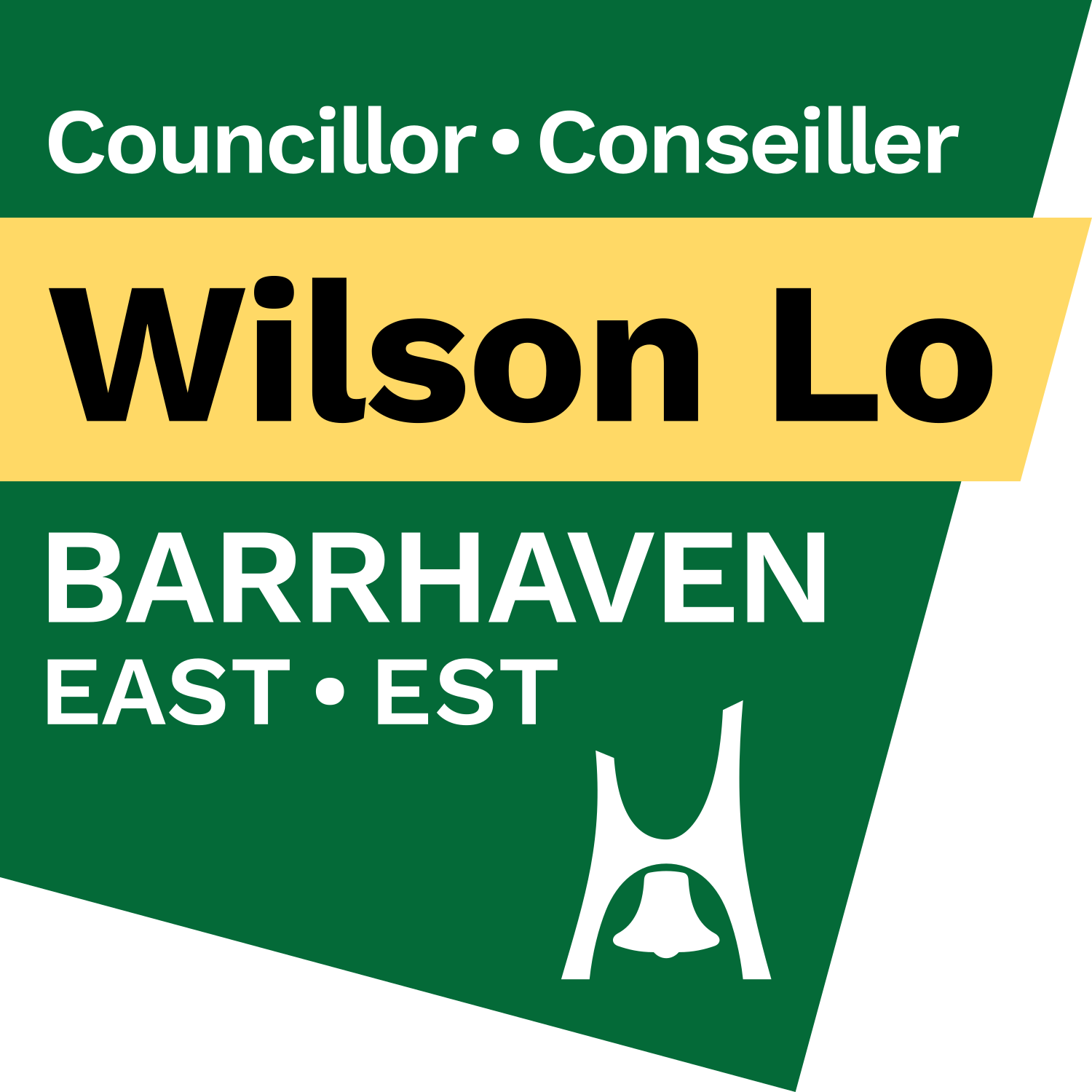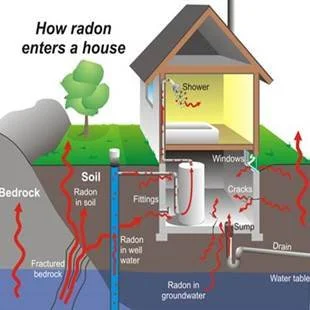November is Radon Action Month
Ottawa residents are encouraged to test their homes for radon gas this winter to ensure levels do not exceed Health Canada guidelines↗. Long-term exposure to high levels of this harmful gas can cause lung cancer, and smoking can increase this risk by tenfold or more.
Radon is a naturally occurring radioactive gas released when uranium in soil, rock, or water breaks down. It is invisible, odourless and tasteless. The only way to know if you are being exposed to radon gas is to test for it.
Radon is not a health concern outdoors; however, indoors it can accumulate to unacceptable levels. The higher the level of radon gas in a building, the faster you should take action to reduce your exposure. It is easy to test for radon and if levels are found to be high, remediation is less difficult than most people imagine.
Radon and Lung Cancer
In Canada, radon is the leading cause of lung cancer in people who do not smoke. For people who smoke, long-term exposure to elevated levels of radon significantly increases their risk of developing lung cancer.
While the lifetime exposure to continuous high levels of radon in a non-smoker can pose a risk of developing lung cancer as high as 1-in-20, that risk can increase to 1-in-3 for a person who smokes. This makes radon another important reason to quit smoking. All homes, and particularly those of people who smoke, should be tested for radon.
Do you have high levels of radon gas in your home?
Studies by Health Canada have shown that radon concentrations vary a great deal across Canada. Elevated indoor radon levels occur in Ottawa, in Ontario, and in every Canadian province, but it is difficult to predict which homes are most at risk. The only way to know if you are being exposed to high levels of radon gas is to test for it. Testing for radon is easy and affordable.
Do-it-yourself radon test kits can be purchased over the internet and at local hardware and building supply stores. Health Canada suggests that you use a long-term radon detector for a minimum of three months. The cost of testing is now as low as $48, including laboratory analysis. You can also hire a certified radon testing company to test your home.
Radon levels of 200 becquerels per cubic metre or more in a normal occupancy area of the home should be remediated. For a list of certified Canadian radon testing and remediation companies consult the Canadian National Radon Proficiency Program (C-NRPP)↗ or call 1-855-722-6777.
For more information, visit ottawapublichealth.ca/radon.


